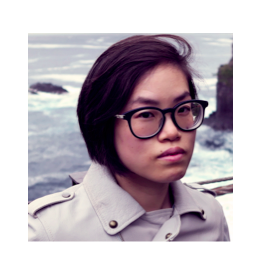- Apr 15, 2020
- 00:06:52
History of Science ON CALL: Vivian Shaw
- Vivian Shaw
- Research Communication and Management
- History of Science ON CALL: Listening, Attending, Acting
 Sociologist Vivian Shaw for the History of Science ON CALL project, asking:
Sociologist Vivian Shaw for the History of Science ON CALL project, asking:
- What kind of scientific framework do you use to approach the current COVID-19 crisis?
- What are the biggest intellectual puzzles or personal challenges that the current crisis raises for researchers like you?
- How has your research depended upon or contributed to collaborations?
- What does the current crisis illuminate about the role of the humanities?
- Is there a question you would like to ask the audience for further consideration?
Profile: Vivian Shaw
Vivian Shaw earned her PhD in Sociology from the University of Texas at Austin. She is currently a College Fellow and the Lead Researcher (co-PI) of the AAPI COVID-19 Project in the Department of Sociology at Harvard University. From 2018–19, Vivian was a Postdoctoral Fellow in the Weatherhead Center for International Relations’ Program on US-Japan Relations, also at Harvard. Her research uses feminist ethnographic methods to examine racial politics and social crisis in Japan and cross-national contexts. She is the author of “Strategies of Ambivalence: Cultures of Liberal Antifa in Japan,” forthcoming in Radical History Review, “‘Extreme Pressure’: Gendered Negotiations of Violence and Vulnerability in Japanese Anti-Racism Movements,” in Critical Asian Studies (2019), and “‘We Are Already Living Together’: Race, Collective Struggle, and the Reawakened Nation in Post-3/11 Japan” in Precarious Belongings: Affect and Nationalism in Asia (2017, Rowman & Littlefield), among other pieces. She has received grants and awards from the National Science Foundation, the Japan Society for the Promotion of Science, the US Department of State, and other institutions.
About the History of Science ON CALL Project
History of Science ON CALL aggregates and amplifies two streams of information—Research and Education—relevant to crises, including chronic disasters. The Research stream consists of short-format video interviews while the Education stream seeks to aggregate and introduce known resources and materials—scholarship and teaching tools—in order to amplify their reach.
